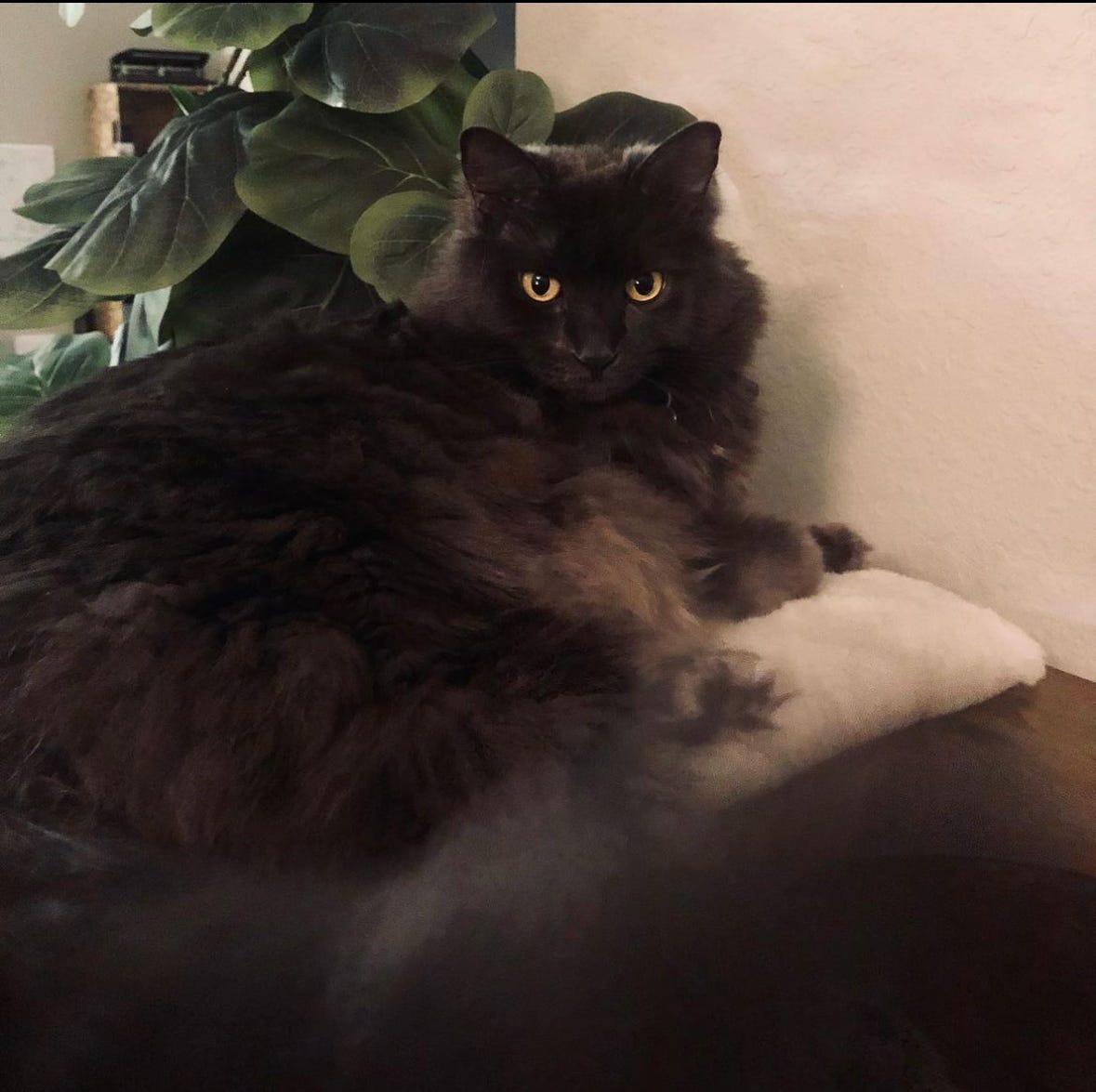The True History of Iceland’s Yule Book Flood
The well-read are dangerous to tyrants.
Hi friends,
According to Icelandic tradition, Christmas Eve marks the holiday Jólabókaflóðið, or the Yuletide Flood of Books. As avid readers, many of you may already participate in this holiday, even though you probably don’t live in Iceland. On this day, Icelanders exchange books as gifts. The tradition extends late into the night, as avid readers stay up, engrossed in their new stories, mugs of hot chocolate in hand, cozy by the fire.
Although it has become popular to share factoids about this holiday on American social media, the most popular memes leave out the book flood’s true origin. In cold Nordic countries, extensive oeuvres of literature began—as in many cultures—as oral storytelling traditions. The Icelandic Sagas first came into being around winter hearths as stories shared aloud to keep the cold and dark of winter at bay, and to bring listeners and tellers together as a community.
Yet, the Yuletide Flood of Books didn’t take root in its current form until the end of World War II. The vast magnitude of that war had overtaken Europe, the Pacific, North Africa, and beyond. Even those countries outside the theaters of war felt its hostile grip. Paper became scarce on the homefront as printers, stationers, and binders turned the brunt of their wares toward the war effort. Some countries supplied their G.I.s with books just as they did with chocolate bars. In the U.S., these standard-issue books, including The Great Gatsby, shaped the course of American literature. Still, that meant the home supply of books and paper dwindled. After the war, when publishing resumed across the world, a new bounty of books became available. Icelanders responded by gifting books with gusto.
As we confront a time of record censorship and book-banning in the U.S., we should be doing the same, not only giving books with gusto—and giving thanks for our freedom to read and write as we choose—but to support the fight against censorship. There once was a time when I taught great literature in Florida. A favorite novel of mine and my students was Fahrenheit 451 by Ray Bradbury. There’s a quote from it that has stuck with me, even these five years since I’ve been in the classroom:
“The problem in our country isn't with books being banned, but with people no longer reading. You don't have to burn books to destroy a culture. Just get people to stop reading them.”
The well-read are dangerous to tyrants.
So, this holiday season, I hope you celebrate by reading and recommending books. Look into the state of book bans in your area, and ask local teachers how you can support them in their fight against censorship. And remember the thankful spirit of the original book flood: with a multitude of books we welcome immense hope and possibility.
Yours Truly,
Rebecca
I’m always reading a million books at once. But the one that’s currently in my lap is The Secret Lives of Color by Kassia St. Clair. In this book, Kassia St. Clair has turned her lifelong obsession with colors and where they come from (whether Van Gogh’s chrome yellow sunflowers or punk’s fluorescent pink) into a unique study of human civilization. Across fashion and politics, art and war, the secret lives of color tell the vivid story of our culture.I would recommend it to fashion and art history buffs.
Jojo says, “Happy Holidays!” and "Follow Rebecca on Tik Tok, Twitter, Facebook, Threads, and Bluesky!”






